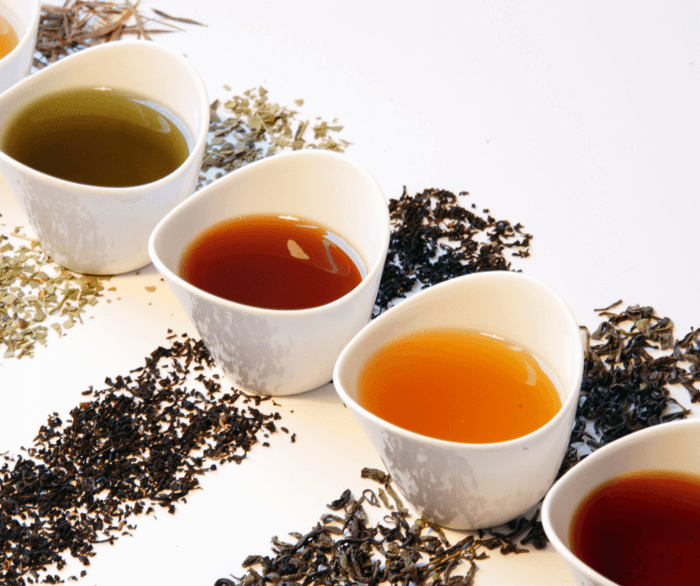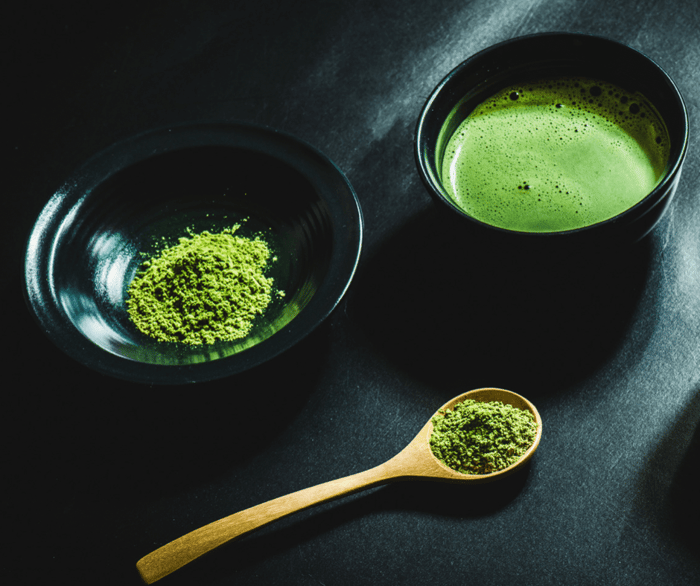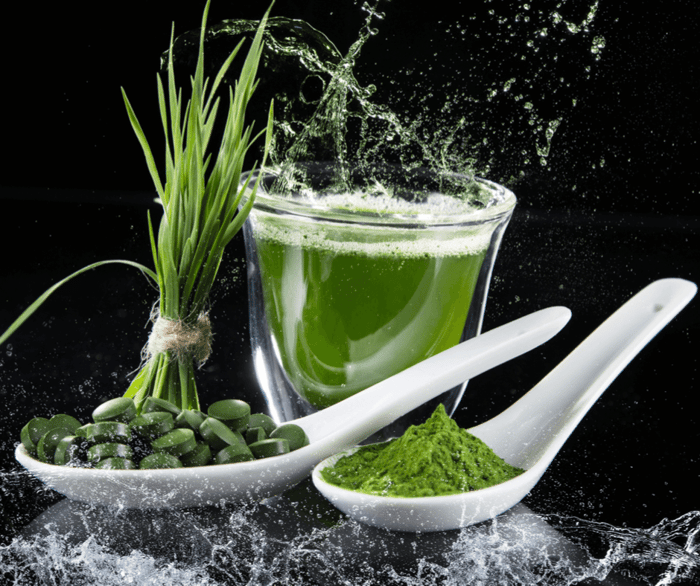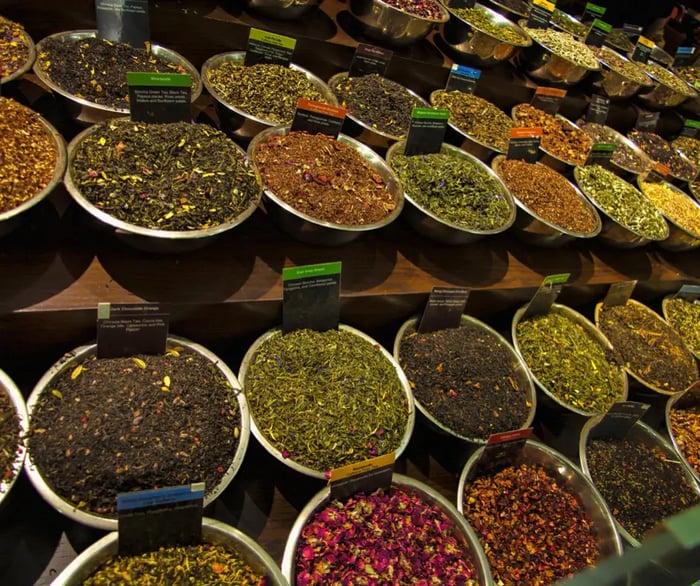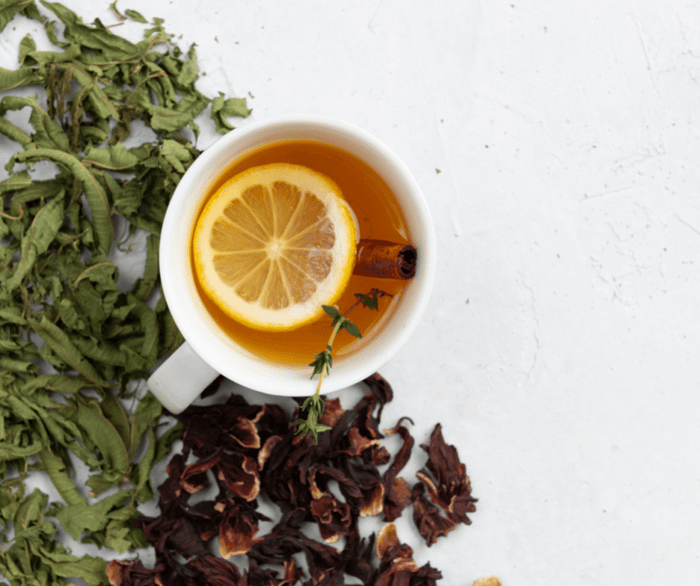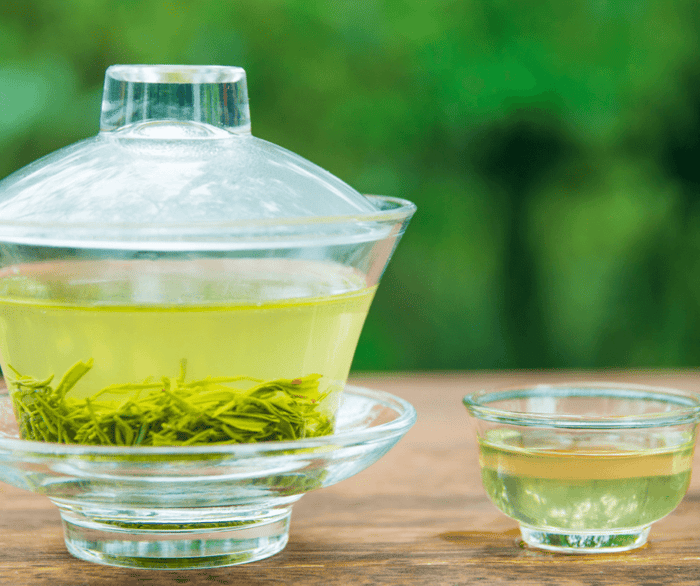All tea may not be created equal, but that doesn't mean it's not all good for you! There are some definite health benefits to be reaped from incorporating a daily cup (or two, or three...) into your routine.
For this article, we're going to stick with "true" teas—those made from the Camellia sinensis plant. That means we won't be covering herbal teas here today, but many of those have their own impressive list of benefits.
(For the health benefits of red tea AKA rooibos, click here.)
Now that we have that out of the way, let's talk tea! Here are four different types of tea, and some of the benefits associated with each. Keep in mind that because all of these teas are made from the same plant, they share many of the same health benefits:
Black Tea
Let's start with the most commonly consumed type of tea—black tea. Black tea is made from the leaves of the Camellia sinensis plant, and it is fully oxidized. This means that the leaves are allowed to sit out in the open air and turn brown before they are rolled and dried. Black tea has a stronger flavor than other types of tea because of this oxidation process. It also contains the most caffeine (or theine) out of all the true teas, so if you're looking for a morning pick-me-up, this is the tea for you.
Health benefits: Black tea has been shown to improve heart health, lower cholesterol levels, and reduce the risk of stroke. The antioxidants in black tea may also help to prevent the risk of some cancers. (1)
Green Tea
Green tea is made from the same plant as black tea, Camellia sinensis. However, green tea leaves are not oxidized like black tea leaves, meaning they retain their chlorophyll content and stay green. Green tea has a more delicate flavor than black tea and contains less caffeine.
Health benefits: Green tea has been shown to improve brain function, lower cholesterol levels, and reduce the risk of some cancers. The antioxidants in green tea can also help to prevent Alzheimer's disease and dementia. (2)
White Tea
White tea is made from the youngest leaves of the Camellia sinensis plant. The leaves are picked when they are very young and have not yet fully opened. White tea is the least processed of all the teas, which results in a more delicate flavor. It also contains the least amount of caffeine.
Health benefits: White tea has been shown to improve heart health, lower cholesterol levels, and reduce the risk of stroke. The antioxidants in white tea may also help to prevent the risk of some cancers. (3)
Oolong Tea
Oolong tea is made from the leaves of the Camellia sinensis plant that have been partially oxidized. This results in a tea with a flavor that is somewhere between green and black tea. Oolong tea also has a higher caffeine content than green tea.
Health benefits: Oolong tea has been shown to improve metabolism, lower cholesterol levels, and reduce the risk of heart disease. The antioxidants in oolong tea may also help to prevent the risk of some cancers. (4)
Takeaways
Because all four of these teas are made from the same plant, they all contain some similar health benefits. However, some teas are more known for certain benefits than others due to their unique processing. Since all of these teas include healthy antioxidants, you may want to choose a tea based on flavor and/or caffeine content—they're all good for you!
If you're looking to improve your overall health, incorporating a daily cup of tea into your routine is a great place to start. And, with so many different types of tea to choose from, you're sure to find one that you love. Find your next favorite tea here at Meadow Ridge Coffee!
References
-
Rasheed Z. Molecular evidences of health benefits of drinking black tea. Int J Health Sci (Qassim). 2019 May-Jun;13(3):1-3. PMID: 31123432; PMCID: PMC6512146.
-
Filippini T, Malavolti M, Borrelli F, Izzo AA, Fairweather-Tait SJ, Horneber M, Vinceti M. Green tea (Camellia sinensis) for the prevention of cancer. Cochrane Database Syst Rev. 2020 Mar 2;3(3):CD005004. doi: 10.1002/14651858.CD005004.pub3. PMID: 32118296; PMCID: PMC7059963.
-
The Hidden Health Benefits of Tea, Penn Medicine. Mar 04, 2022
-
Shi H, Liu J, Tu Y, Freter CE, Huang C. Oolong Tea Extract Induces DNA Damage and Cleavage and Inhibits Breast Cancer Cell Growth and Tumorigenesis. Anticancer Res. 2018 Nov;38(11):6217-6223. doi: 10.21873/anticanres.12976. PMID: 30396940.

